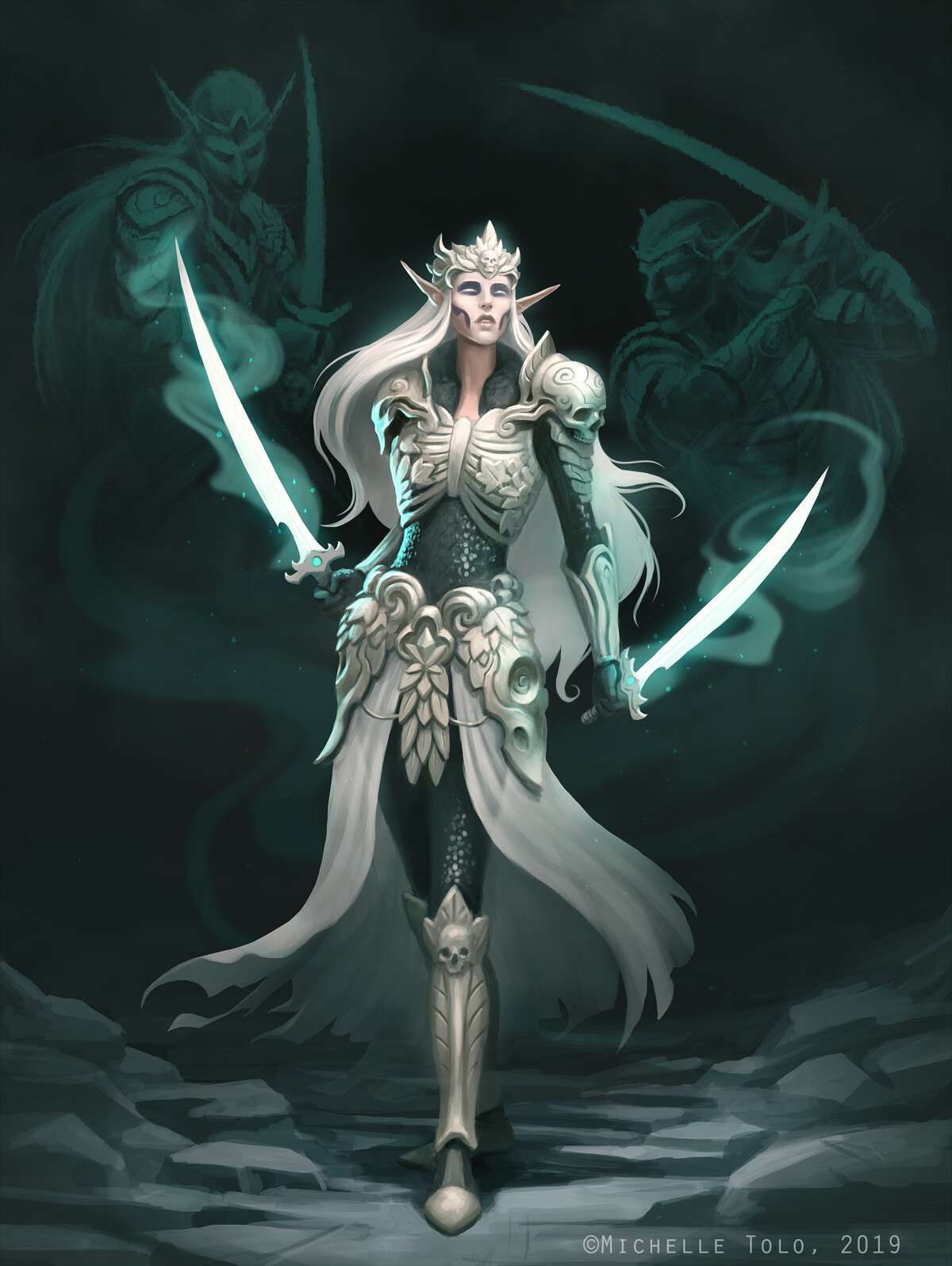
Today we throw the spotlight on Rookie Awards 2019 judge, Michelle Tolo. She is a Norwegian concept artist and illustrator, currently based in London. She studied computer graphic art at the Animation Workshop in Viborg, Denmark. Since then she has spent two years working as a concept artist at MPC Advertising in London, before pursuing a freelance career.
The Journey
What's your current role and what does it involve?
I am a freelance concept artist and illustrator, mostly working with advertising VFX studios, but also some film and games. I do a lot of character and creature designs, as well as environments, key frames and storyboards. Lately I have also started to explore the world of graphic novels.
Where do you work, and what type of projects are they involved with?
I started out working as a concept artist at MPC Advertising in London, before I began freelancing. Now I live in Oslo and mostly work remotely from home, though I sometimes work in-house for various local studios. The majority of my clients are still international VFX studios, such as MPC, whom I still work with regularly. Most of the projects I get involved with are VFX jobs that require concepts and storyboards
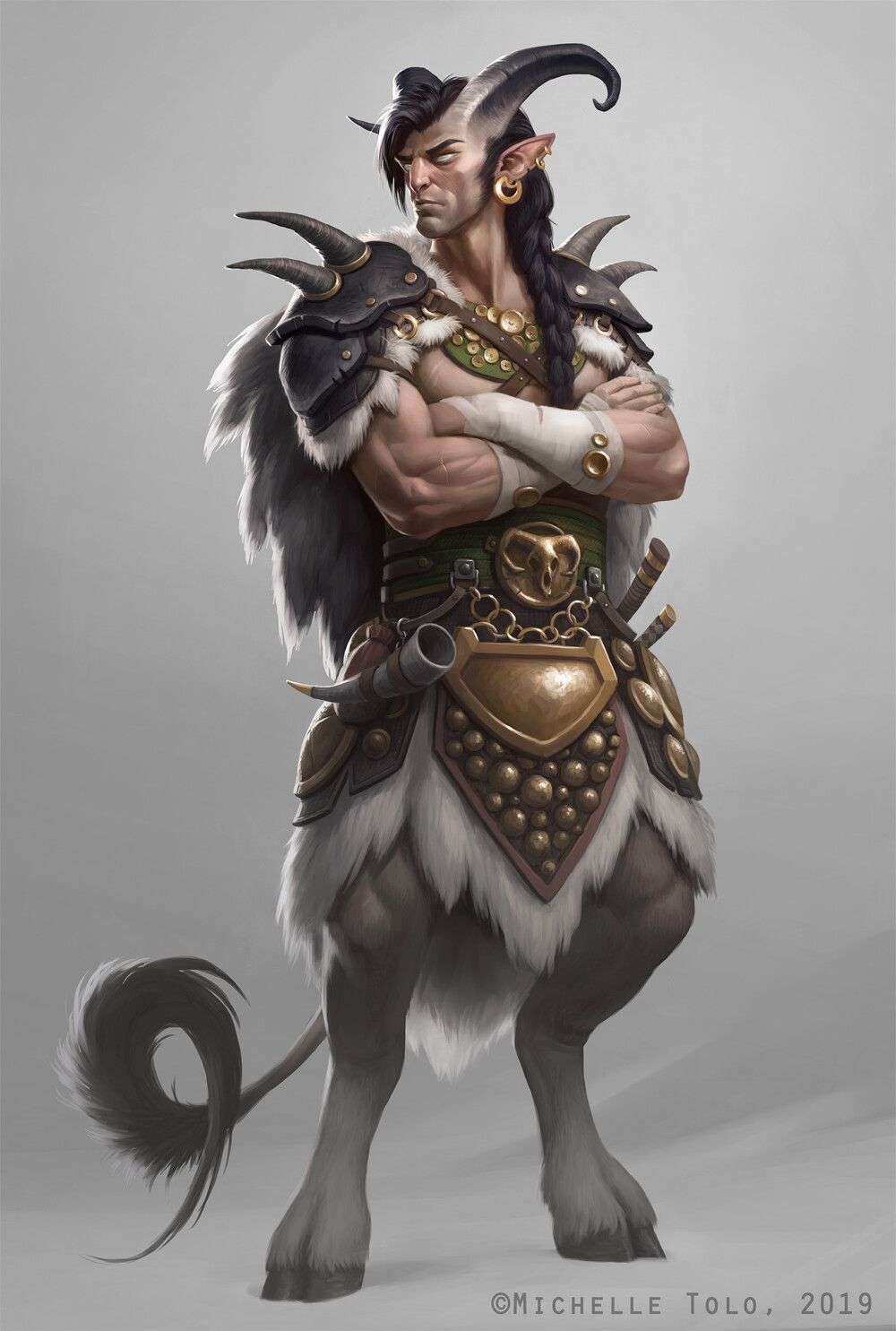
When did you first realise you wanted to work in this industry?
While I’ve been drawing most of my life, I didn’t really consider it as a career until I was around 18 years old. Before that I thought working as an artist meant the “artsy, quirky kind that has gallery shows”, which wasn’t really my thing. But then I started learning more about the film and animation industry, and how much art goes on behind the scenes there, and how those artists actually have “real” jobs!
It made the artist dream sound more achievable, and I started aspiring to become one of those lucky artists. I did realize I’d most likely have to move abroad though, as Norway isn’t exactly the most prominent country in the industry (though thankfully it’s growing here as well now!).
I got accepted into the Animation Workshop in Denmark, and studied CG there. While the education was heavily focused on 3D, it also involved a lot of design work, and it made me even more certain that I wanted to work with concept art and visual development. I enjoyed the 3D work as well, but there was just something about the intuitiveness and speed of 2D art that attracted me (waiting for renders and dealing with Maya crashes is really not my thing…).
While I studied, the students were mostly discouraged from pursuing concept art as a career, due to the competition in the field - there are far more 3D roles than concept roles in the industry, after all. I still felt that I at least had to try though, and figured it was better to try and fail, than to not try at all.
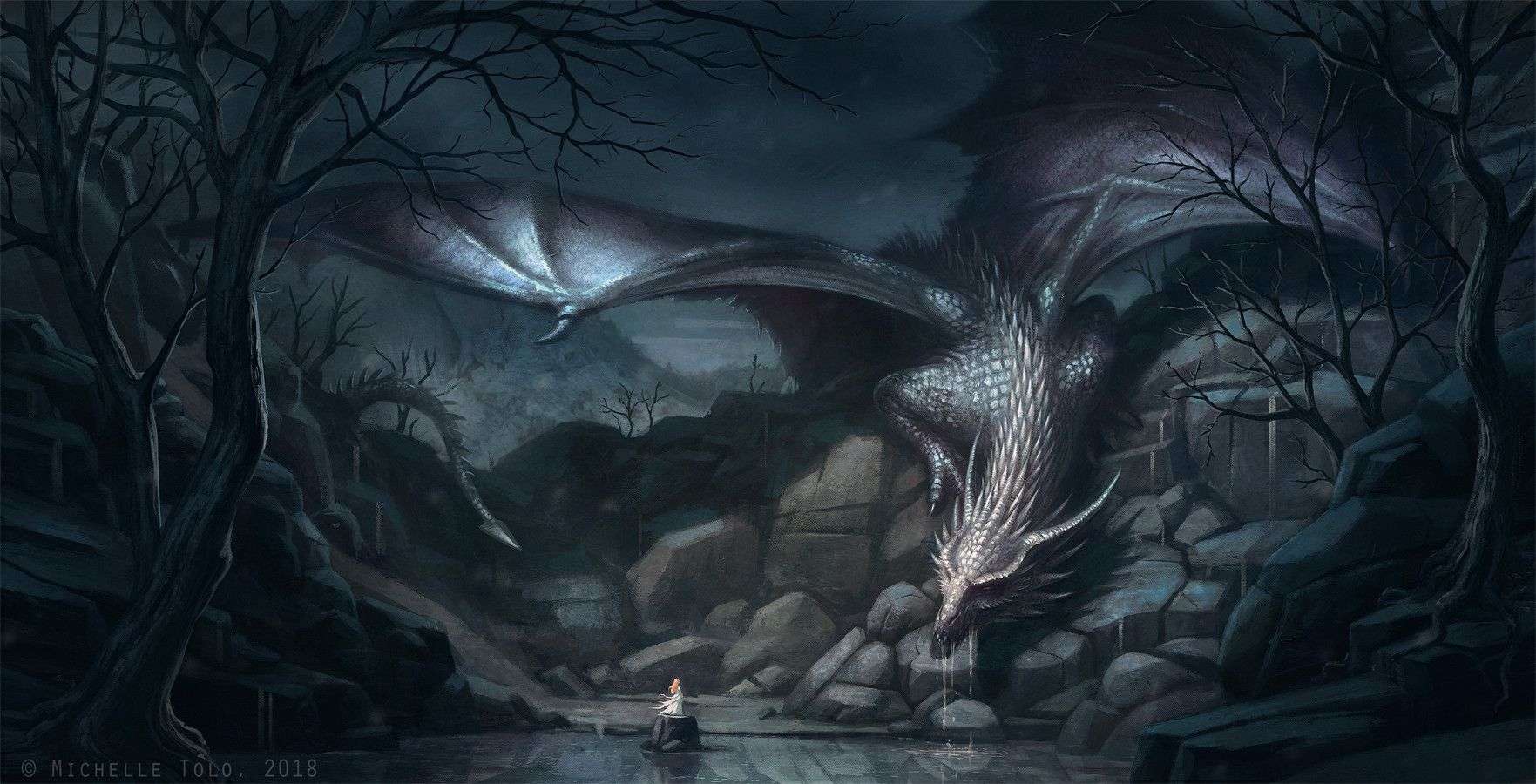
How did you get your first big break?
The Animation Workshop has a great tradition going, where every January they will invite over a whole bunch of studios for a couple of weeks, and the students can go to presentations to learn about the studios, as well as sign up for interviews with them. This is mostly for the 3rd year students, who will be going on internships before graduating.
When I was a 3rd year student, I was a bit unsure if any of the studios visiting the school were in need of a concept art intern, seeing as they were all very 3D focused, but I decided to give it a shot anyway, and signed up for an interview with MPC. This turned out to be the best decision I could make, because they liked my portfolio, and a couple of weeks later I had a Skype interview with them, which led to me landing an internship at MPC Advertising in London that summer.
The internship lasted 10 weeks, and I was given all sorts of concepting jobs, ranging from quick designs for characters, environments, props, and effects, to fully painted, polished style frames intended for pitches. I was hired at the studio right after my internship ended, continuing my role as a concept artist.
Describe the journey you took into your current role?
I stayed with MPC for a couple of years, and got to work on some great projects and met some wonderful people. Living in busy London was quite a challenge for someone like me though, who most of all enjoy nature, peace and quiet, so I knew I would like to move back to Norway eventually. To prepare for that move, I decided to start working freelance instead, so that I could continue my work from Norway.
Starting out freelancing in London was a good idea, as there are so many different studios there, so I spent my first year as a freelancer living in London, and building my network. Thankfully MPC kept working with me frequently, which made the transition much more gentle, and at the same time I got to work with multiple other studios in the city, as well as some abroad.
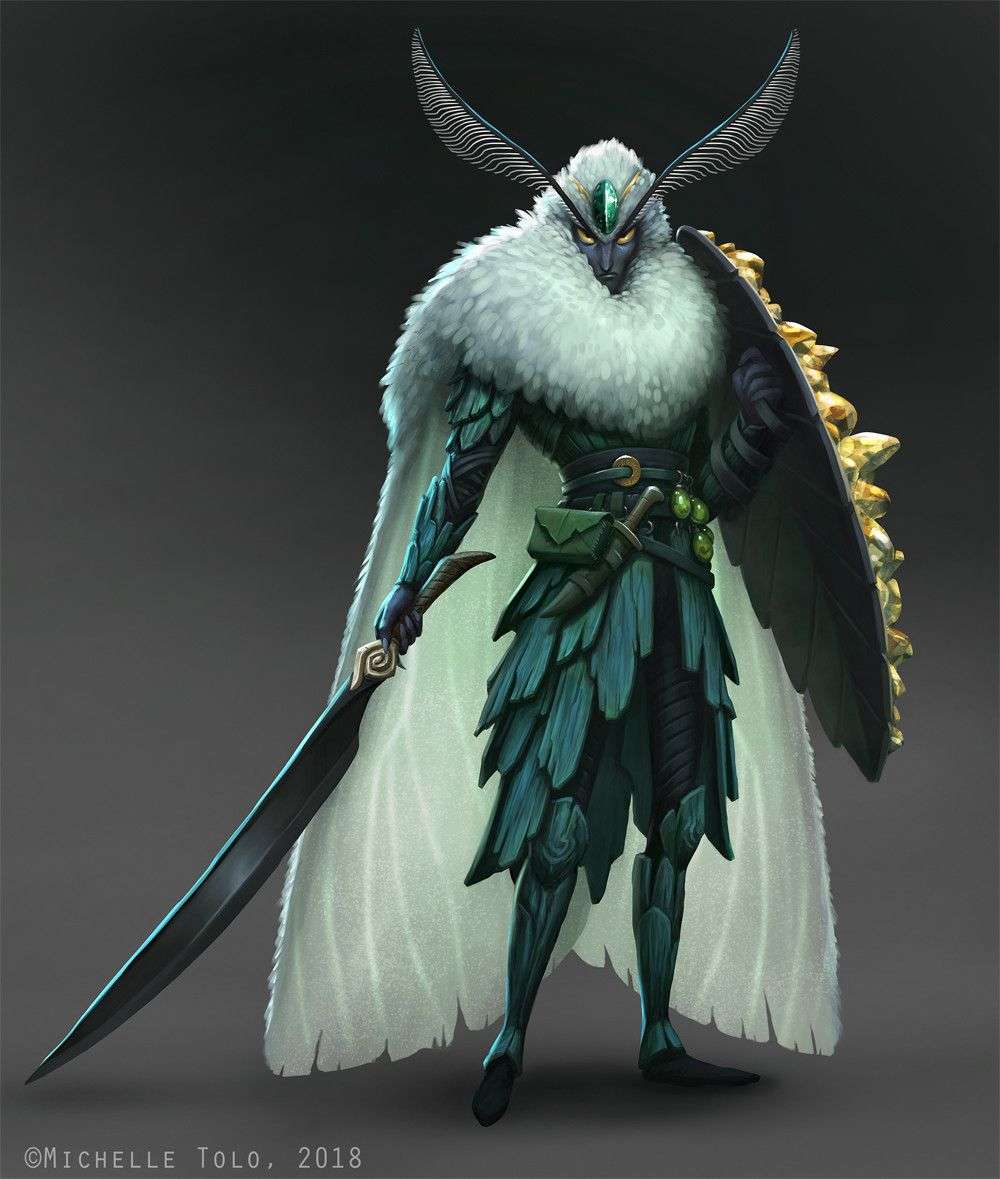
I then moved back to Norway, and I was a bit worried that the change of location would make me lose touch with my contacts. But it turned out to not really be an issue at all - I mostly worked remotely while in London anyway, so most of my clients barely even noticed. I also started to get in touch with the Norwegian industry, which has been great (and getting to work in-house every now and then keeps me from becoming a hermit!).
Day in the life
Describe a typical day for you and your team?
My days vary quite a bit due to freelancing: some days there’s no work, some days it’s just a quick 1-2 day job, and other times I’m on projects that last for weeks. It’s mostly shorter jobs over just a few days though.
When starting a new job, I will usually get an email with a brief and treatment for the project. The treatment explains the script, and shows reference images of that the client wants. The brief is a description of what they need from me. If I’m lucky I get the brief the day before I’m supposed to start the job, so that I know what it’s all about, and can get started early the next day. Sometimes I don’t get the brief until the day I’m supposed to start though, which tends to shift my work hours a bit.
I will usually start sketching some rough versions for a few hours, trying as many different things as I can, before sending it on for the first round of feedback. It’s a back and forth process, and I try to keep my clients involved as much as possible, without spending too much time on emails. When the client is happy, my job is done, and the design moves down the pipeline to the 3D artists. Sometimes jobs pop back for a few changes some days later, which I accommodate as best I can if I have started another job by that time.
I want to be as healthy as possible, so I try to stick to normal 8 hour days when working, preferably around 9-5 with a little lunch break in the middle. Evenings and weekends are strictly for myself, family and friends. Some people seem surprised that I don’t work into the night as a freelancer, but that really isn’t necessary, from my experience.
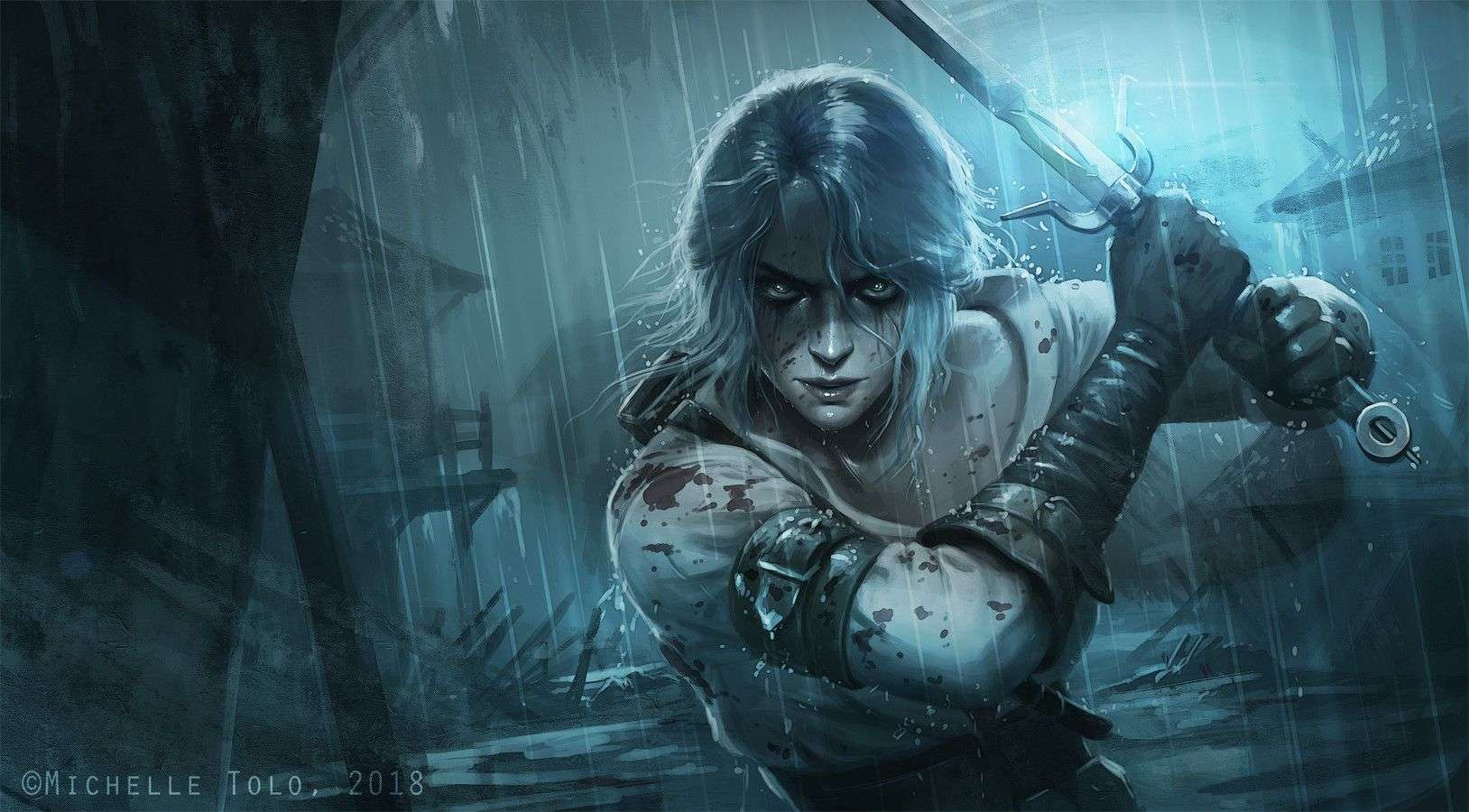
What third-party and proprietary tools do you use on a daily basis?
I’m very simple regarding what I need to work: Photoshop CS5 and a Wacom Intuos5 tablet have been my trusty companions for years! Sometimes I also use Lazy Nezumi, both for cleaner line art and for the very helpful rulers.
Lately I’ve also started using Procreate for iPad Pro, which is very useful for painting while travelling and bringing into meetings.
Which departments and key people do you work closely with?
I think a concept artist generally is one of the more solitary artists, as they come in at the very beginning of a project, before any other artist is involved. So unless there are multiple concept artists on the same job, I only work with producers, directors and art directors, really. Whenever I work in-house, I can at least sit next to other artists, even though I don’t work directly with them. Sometimes animators and FX artists have feedback on concepts, but most of that goes through the producers.
Are there any industry trends that are changing the nature of your role?
Not so much something that directly affects the way I need to work, though I have been involved in some VR related jobs lately, which I think may influence concept art at some point.
One thing you’d never change about your job?
The variation! I love getting the chance to work with something that is completely within my comfort zone one day, and then the next day work on something that would never cross my mind if I weren’t asked for it. I have gotten the strangest briefs throughout the years, and it’s amazing. I love getting weird ideas that I need to turn into a functional design - especially if it is creature related.
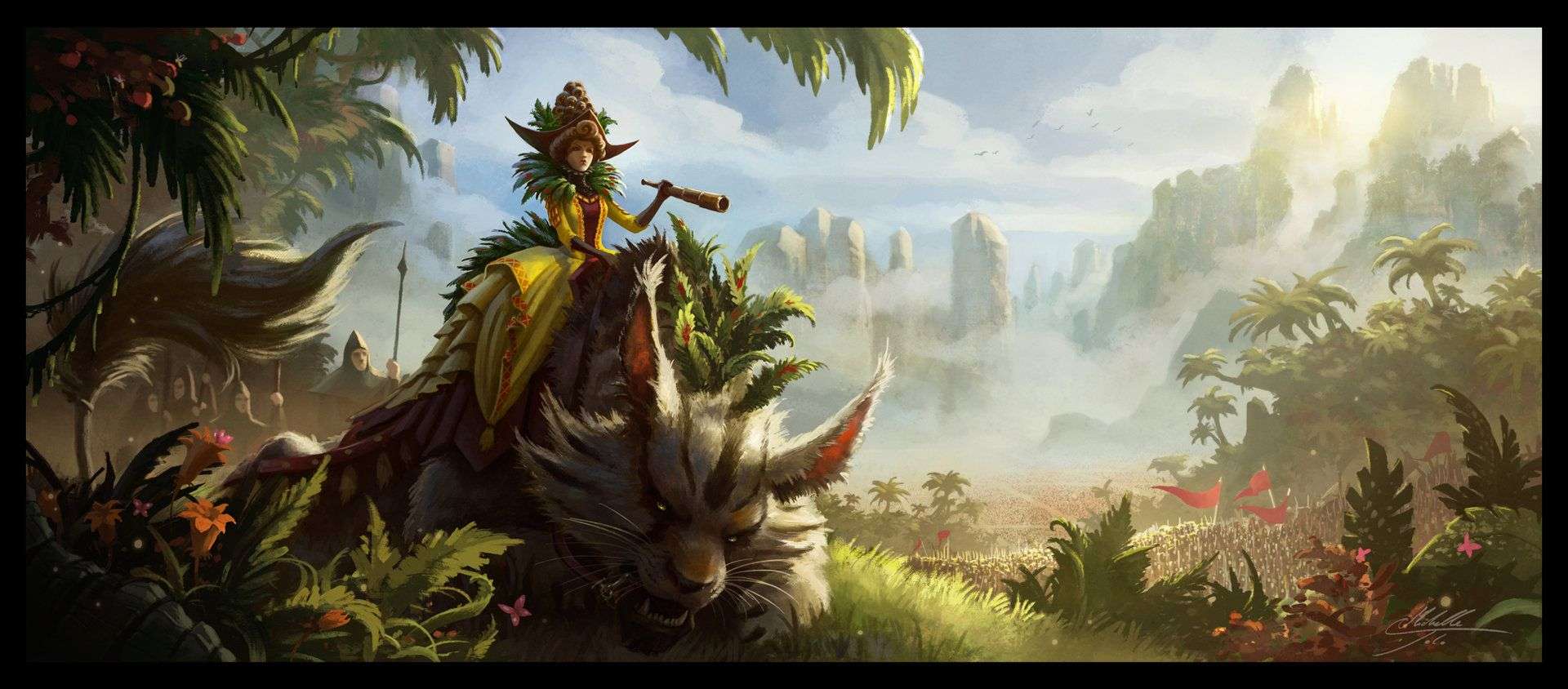
But one thing you wouldn’t mind seeing changed is?
There’s nothing specific about my own job I’d like to change, really - I enjoy the different projects, and the freedom that comes with freelancing (although it can be both worrying and stressful at times, especially with all the paperwork that comes with running a business!).
Career Advice
Is formal education essential for someone aspiring to do your job?
No, it certainly is not. There are so many ways to learn online today, and it all comes down to practice. However, schools can be great places to network and improve, being surrounded by teachers and other aspiring artists. It also helps to have a degree if you plan to move abroad, but the studios themselves seldom care about any degrees - it’s the governments that do that.
What tasks would you typically ask a junior artist to handle?
When I started as an intern/junior myself, I was kind of just dropped into the deep end of the pool right away - much because there wasn’t a full time concept artist in the studio already. So most jobs kind of ended up in my hands, and I think that was a great way to learn. So if I was responsible for a junior artist now, I would just let them try their hands on everything really, though I’d probably let them start with tasks that were more within their comfort zone before giving them a task they were really insecure about.
What skills do you look for when hiring an artist?
Understanding of form and construction, anatomy, lighting, mood, visual storytelling, sense of design, and passion.
What skills seem to be missing all too often?
For technical skills, it’s mostly construction and anatomy (especially animal anatomy - I often see even super pro artists draw some rather terrible horses, for instance. Use references!). For design skills, I’d say a lack of personality in characters, and costumes that do not make much sense (one of my pet peeves is bikini armors…).
Describe a project brief that you’d recommend artists create for their portfolio?
Your portfolio should represent what you do as an artist, so I think it’s important to work on things that you actually like. And show WIP sketches and thumbnails - it’s great for studios to see how you work, as most of the work you do in a studio will be really quick and sketchy.
What mistakes do you see artists making when applying for jobs?
I think there may be a bit of quantity over quality going on in a lot of portfolios. Your portfolio is only as good as the worst piece in it, so make sure to only show your best work. It’s much better to show 5 high quality projects than 20 mediocre ones.
If you could give one piece of advice to artists starting out, what would it be?
Don’t be afraid of taking chances. Apply to studios even if you don’t think they’ll want or need you. Before you know it, one of those studios may offer you a job. LinkedIn can also be a good place to connect with recruiters from whichever studios you are interested in, and get in touch that way.
If you could go back in time to when you first started out, what advice would you give yourself?
Hmmm, that’s a tricky one. I would maybe tell myself to not be so afraid of approaching other artists at events and stuff to network (I’m still really awkward about that, honestly, but I try to push myself to do it anyway). Most of the time they’re just as afraid of you as you are of them!
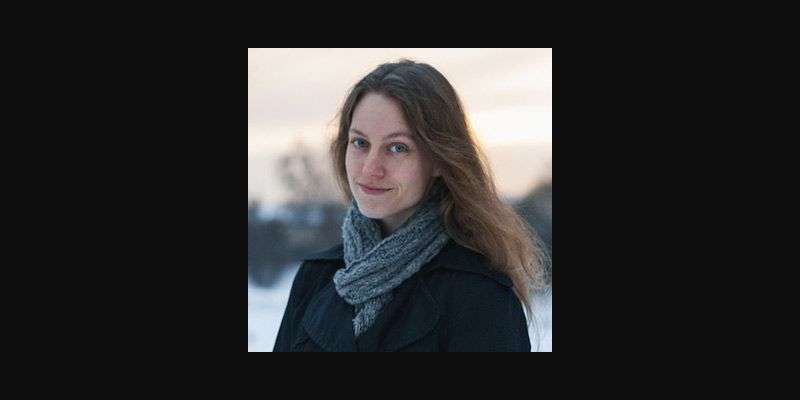
ArtStation: https://www.artstation.com/michelletolo
Facebook: https://www.facebook.com/michelletoloart/
Instagram: https://www.instagram.com/michelletoloart/
